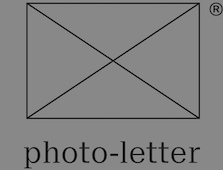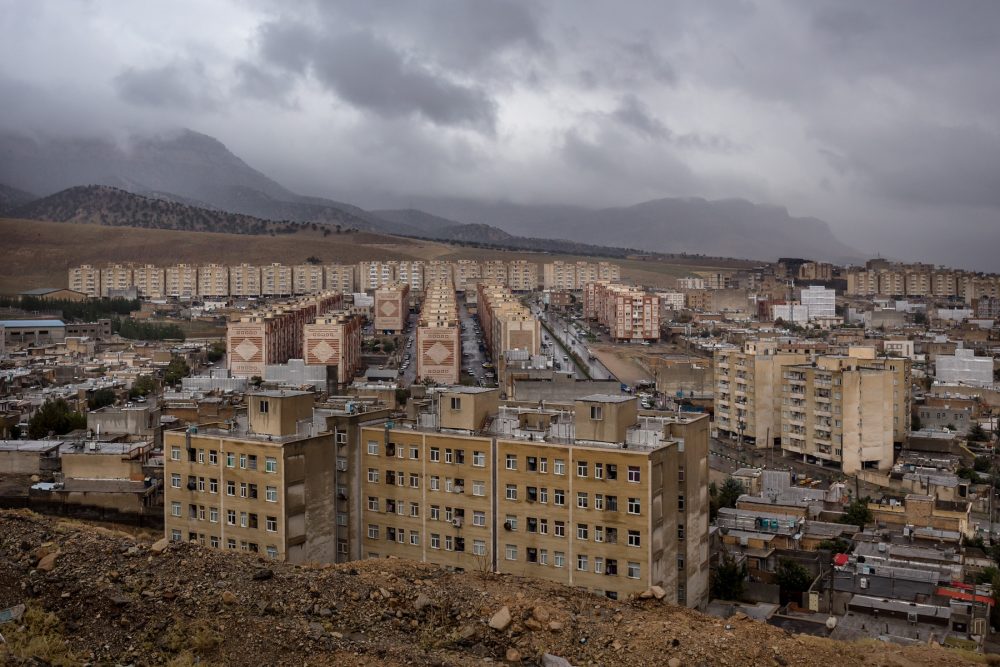Ordinary Grief
Parisa Azadi
2017-2022 — Iran
About this series
Ordinary Grief is a story of tenuous reconciliation. In 2017, I returned to Iran after 25 years of self-imposed exile, where I embarked on a personal and political reclamation of my identity and history. With images spanning 2017-2022, Ordinary Grief is my attempt to reconcile despair and joy, exhaustion and hope. It’s about ordinary Iranians actively trying to create new futures for themselves despite the odds. It’s a love letter to a country from which I feel estranged, despite having been born there, and to the people who call it home.
As a woman who grew up between East and West, straddling the line between insider and outsider, my experiences are difficult, unromantic, and fragile. I’ve realized that two decades of living outside Iran brought with them a kind of cultural and personal amnesia. Ordinary Grief is also about what it means to forget and what it means to (try to) remember. Always, I’m attuned to joy, despite the hardships: I sought moments of serenity, celebration, and ritual in the shadows of perpetual grief. The photographs mark the passage of time as they document physical, emotional, and political limbo: they question what it means to long and to belong.
Photographer: Parisa Azadi
Nationality: Canadian
Based in: Tehran, Iran & Dubai, UAE
Website: www.parisaphotography.com
Instagram: @parisa_images
Parisa Azadi is a Canadian visual journalist with a keen interest in history and conflict, memory and displacement.
Parisa has worked extensively in the Middle East, South Asia, Africa, and Canada. She has reported politically sensitive issues such as the Syrian refugee crisis in Jordan, missing and murdered Indigenous women in Canada, the illegal practice of female genital mutilation in Uganda, and religious extremism in South Asia. Since 2018, Parisa has been working in the Middle East, examining the nuanced dynamics of communities living in the aftermath of political violence.
In 2023, Parisa was selected as the ‘Ones to Watch’ by the British Journal of Photography. She was awarded the Magnum Foundation Mobility Grant and selected for the South Asia Incubator Program. Parisa’s work has been presented in group and solo exhibitions across Europe and her work has been recognized by the World Press Photo 6×6 Global Talent Program. Parisa earned the Chris Hondros Fund Award (Eddie Adams Workshop, 2019) and a Women Photograph Emergency Fund grant (2020).
Her photographs have been published by The New York Times, The Guardian, Vogue, Associated Press, Courrier International, Annabelle Magazine, Malala Fund, International Rescue Committee, among others.










